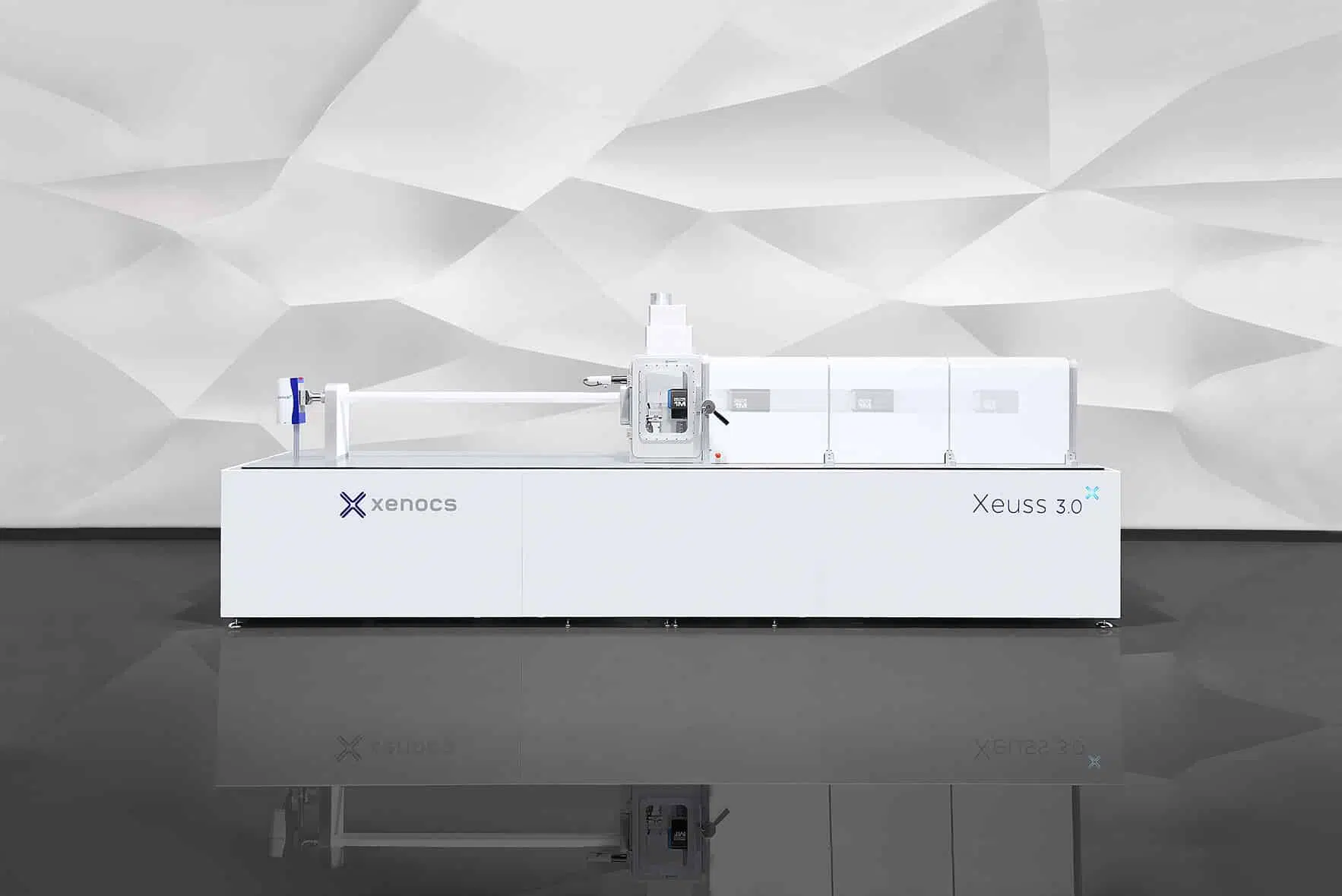ACS Applied Energy Materials, 2019, vol 2, 5, pp. 3773-3779
DOI:10.1021/acsaem.9b00467
Abstract
The change from organic solvents to aqueous solvents for safe and robust battery electrolytes is desirable for electrochemical energy storage. Thermodynamically, water has an electrochemical stability window of 1.23 V, and pure water freezes at 0 °C. Such properties clearly restrict the high-voltage applications and temperature adaptability of aqueous electrolytes. Herein, we report an aqueous supporting electrolyte containing imidazolium chloride, showing unprecedented large temperature and electrochemical windows. Thermal analysis over −80 to 80 °C shows such an aqueous electrolyte to be free of transition events of icing and phase changes. X-ray scattering results of these aqueous solutions in the presence of active materials reveal the pivotal role of imidazolium chloride to preserve the liquid phase at rather low temperatures. Metal phthalocyanines with electroactive organic ligand rings and multi-electron-transfer reactions at low negative potentials (−0.2 to −1.6 V vs Ag) are demonstrated in water-based anolytes for redox flow batteries for the first time over a broad temperature range.


































